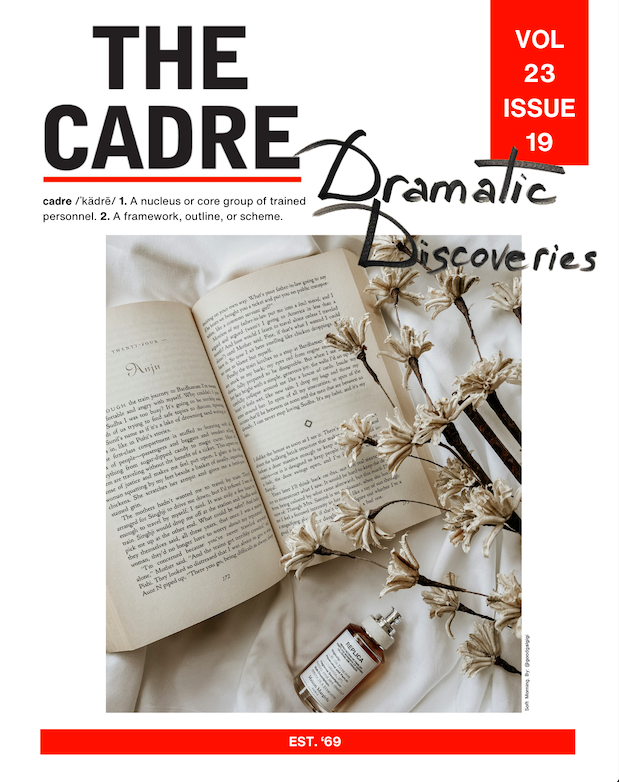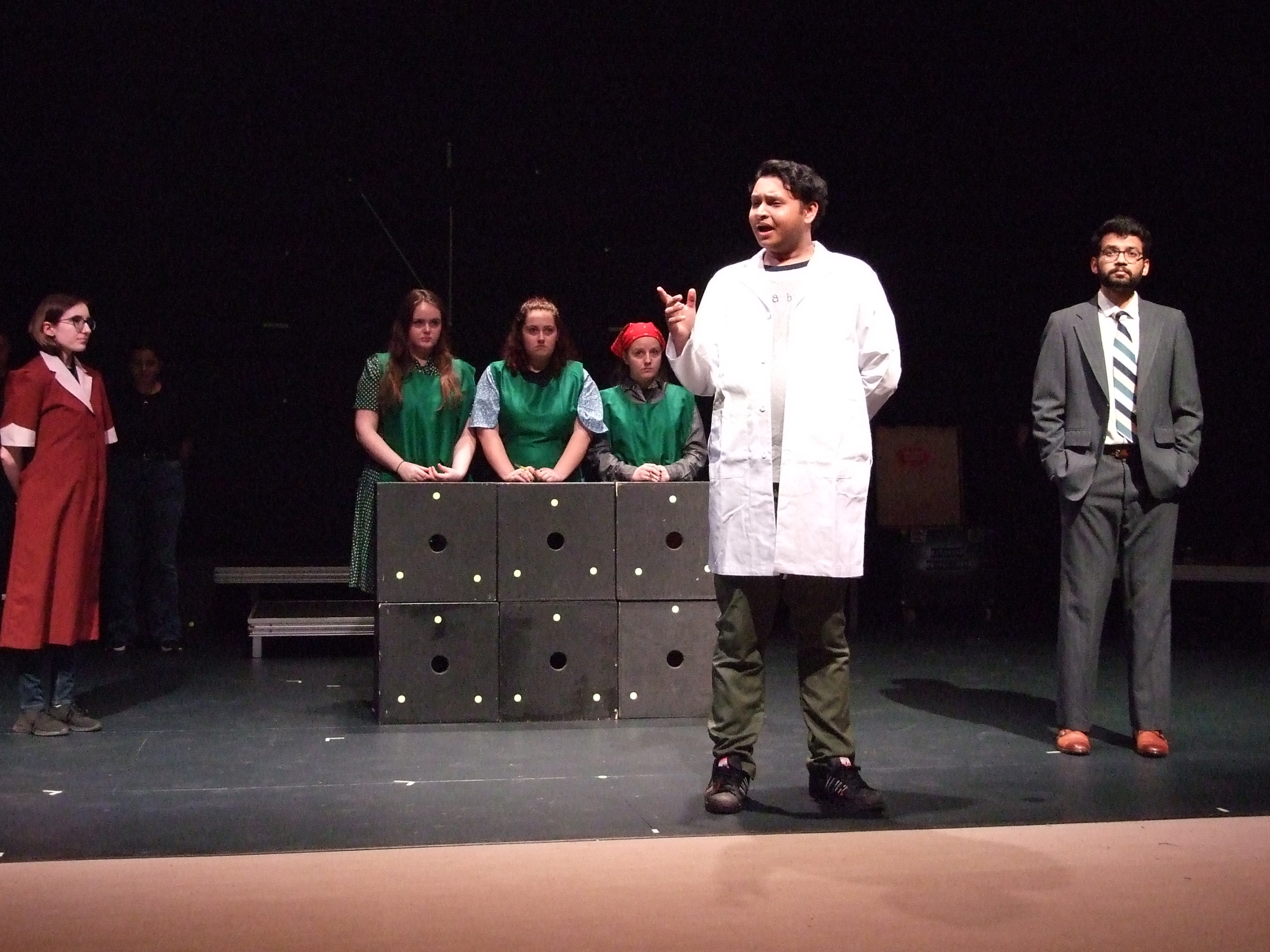On Friday, students and faculty joined in Schurman Market Square to celebrate the “second†annual Philosophers Day. I say “second†because Philosophers Day was an annual tradition at St. Dunstan’s University and was only revived last year.
In the days of SDU, philosophy students would take the day off classes on the traditional feast day of the great catholic philosopher and theologian Saint Thomas Aquinas (March 7th). Students would celebrate Holy Mass, play a big hockey game, share dinner together downtown, and end the night with a philosophical talk.
A group of UPEI professors relaunched the tradition in 2016, inviting Dr. Stephen Baldne of St. Francis Xavier University to speak. This year Dr. Jennifer Hard Weed of the University of New Brunswick was invited to speak. Dr. Jennifer Hart Weed has given lectures in several countries, and her areas of specialization include medieval philosophy and philosophy of religion.
The event began with a lively reception, students and faculty gathered to socialize at 3 pm. When the energy began to die down and it was reaching near 4 o’clock, Dr. Robert Dennis invited everyone to take their seats. Dr. Dennis spoke about the historic SDU tradition of Philosophers Day and was followed by Phillip McDonald who gave greetings from SDU.
Dr. Peter Koritansky then came to the podium to introduce Dr. Jennifer Hart Weed, after which she took the floor.
Her talk was entitled “Harry Potter and Boethius on the Destructive Effects of Evil.” Dr. Hart Weed discussed several narratives throughout her talk. She looked primarily at Boethius’ The Consolation of Philosophy and J.K. Rowling’s Harry Potter and the Philosopher’s Stone to highlight a central idea evident in both narratives.
The idea (derived from Boethius) that evil is self-destructive for the evildoer. Dr. Hart Weed drew parallels between Boethius and the virtuous characters in Harry Potter and between the individuals who conspire against Boethius, put him under house arrest and eventually execute him with Lord Voldemort, Peter Pettigrew, and other vicious characters in the wizarding world.
While under house arrest Boethius writes The Consolation of Philosophy where among other writings, he has a dialogue with wisdom, whom he personifies as Lady Philosophy. In this conversation, Boethius has a complaint, the complaint is that he has been a moral, loving, and an ethical Christian, and has been unjustly punished, while the men that were envious of him and framed him have succeeded.
Lady Philosophy suggests to Boethius that the individuals who betrayed him did not succeed, making Boethius re-evaluate his idea of success. She argues that although their vicious act might have gained them worldly stature, they have only caused themselves harm in their hearts. Their acts have only brought destruction upon themselves.
She goes on to argue that virtuous acts elevate human beings, while vicious acts destroy human beings and diminish them. Although Boethius is incarcerated and awaits death he can still be virtuous and that is what will lead him to happiness.
Lady Philosophy asserts that humans as rational beings are meant to grow in virtue in order to attain happiness. All humans desire happiness and the only way to attain it is through living a life of virtue.
She tells Boethius that his enemies did not succeed, that they are headed in the wrong direction, in a direction that will not lead them to fulfillment but only into a vicious cycle of vicious acts which will only cause them to want more stuff, and happiness will keep slipping through their fingers. Â
After giving a deep synopsis of Boethius’ argument, which pulls on the ideas of Aristotle, Plato, and Saint Augustine, Dr. Hart Weed invites the audience to look at the Harry Potter narrative through a Boethian lense….If you are interested in seeing Dr. Hart Weed elaborate on this topic further, check out the SDU Institute of Christianity and Culture youtube channel, Dr. Hart Weed’s talk will be uploaded later this week.
Needless to say, it was another successful Philosophers Day and the event can only grow from here!
Special thanks to Dr. Hart Weed, Dr. Dennis, Dr. Koritansky, the SDU board of governors and the St. Dunstan’s Institute of Christianity and Culture.
By: Lorelei Kenny









